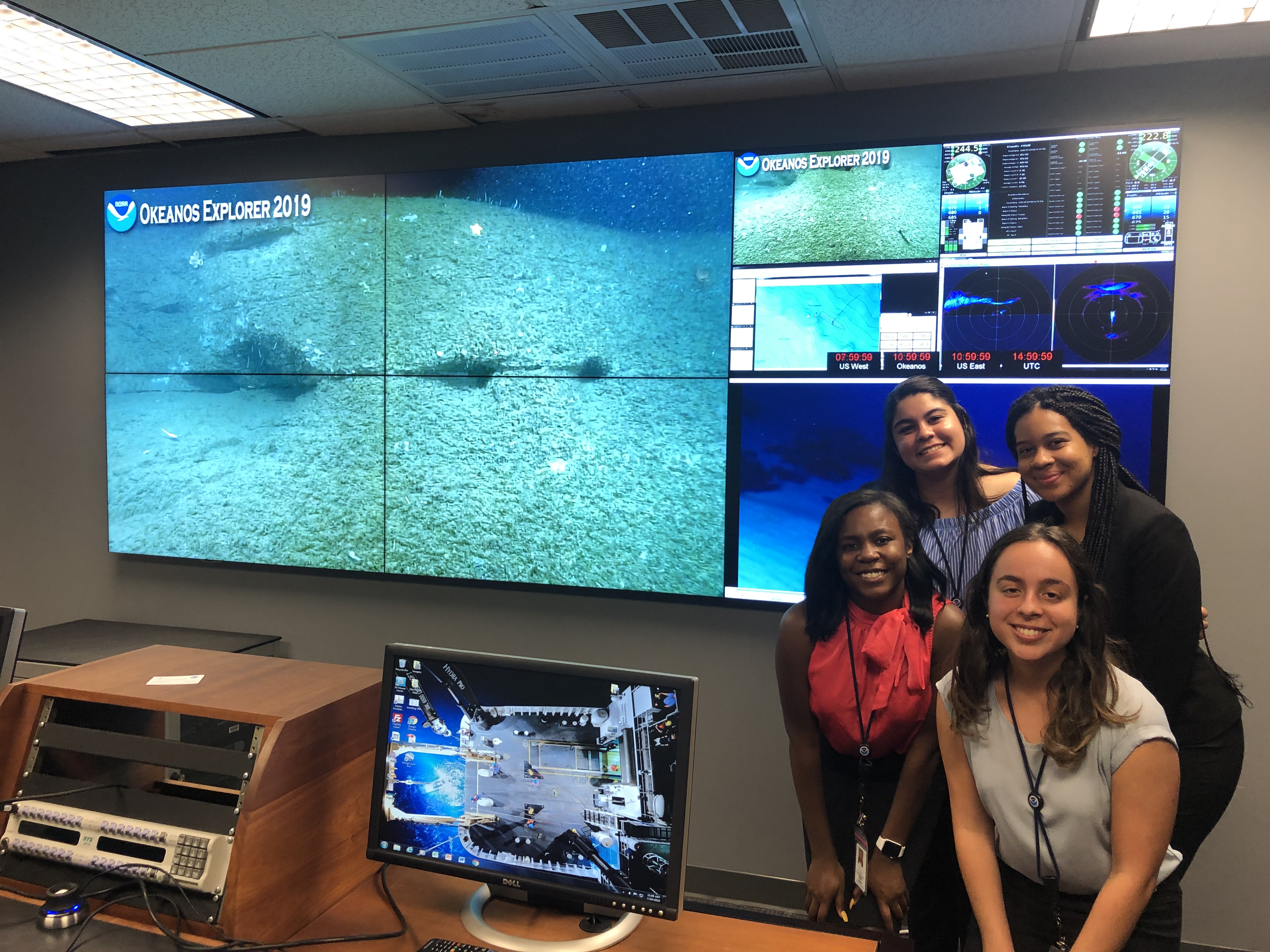The Educational Partnership Program with Minority Serving Institutions (EPP/MSI) awards funding to minority serving institutions (MSI) and students attending MSIs through national competitions. Since its establishment in 2000, the program has worked collaboratively with MSI faculty and staff to increase the opportunities for education, training, and research in NOAA-mission disciplines, particularly for participants from traditionally underrepresented minority communities in NOAA-mission disciplines. The successful history of the program demonstrates the value of collaboration between NOAA and MSI academic partners. In 2019, Congress renamed the program the José E. Serrano Educational Partnership Program with Minority Serving Institutions in Congressman Serrano’s honor, who took special interest in the EPP/MSI. Learn more about Congressman Serrano.

Program history
In 1999, the National Science Foundation (NSF) published research documenting a lack of postsecondary STEM graduates from traditionally underrepresented minority communities. The NSF reports documented that African Americans earned only 2.5% of science and engineering doctorates awarded during the period 1987-1991, and there was very little increase in the percentage over the following five years.
Recognizing the need to create a more inclusive future workforce that reflected the diversity of the nation, the Department of Commerce and NOAA leadership championed the creation of the EPP/MSI program. The NOAA Administrator Dr. D. James Baker and Commerce Deputy Secretary Robert Mallett, hosted a meeting with historically black colleges and universities (HBCUs) presidents and leaders in December of 1997. A Memorandum of Understanding followed between NOAA and a consortium of 10 HBCUs that established the foundation and framework for NOAA’s EPP/MSI program. Within that framework, the primary goal of EPP/MSI was identified: to increase the number of individuals from traditionally underrepresented minority communities who are trained and graduate with degrees in STEM fields that directly support NOAA’s mission. Throughout the history of the program, there have been four components, though two of the four, the Graduate Sciences Program and the Environmental Entrepreneurship Program, have been sunsetted.
About the program
The program currently consists of two components:
- The Cooperative Science Center (CSC) awards are made through a national competition to successful eligible, accredited MSIs as defined by the U.S. Department of Education. Each CSC is a consortium of academic institutions led by an MSI. The partners can be MSIs and non-MSIs that have demonstrated education and research performance in NOAA-mission sciences. The CSCs build capacity in NOAA-mission fields at MSIs by leading new education and research programs. Each center, though aligned with a primary NOAA line office, does conduct research and train students across NOAA. Students at CSCs contribute to the collaborative research, including through required NOAA graduate internships known as NOAA Experiential Research and Training Opportunities (NERTOs). There are four current NOAA CSC institutional awards, which were awarded in 2021 and 2022.
- The Undergraduate Scholarship Program (USP) awards funding for two years to students enrolled full-time at a minority serving institution in NOAA-mission fields. The award includes scholarship stipends and two paid summer internships at NOAA facilities. Professional development is provided to USP scholars as well as funding for conference attendance.
Today, the EPP/MSI continues to support increased numbers of students from traditionally underrepresented communities at the undergraduate and graduate level in NOAA-mission STEM fields. The number of science and engineering degrees awarded to students from underrepresented communities in STEM at the national level has increased. NOAA EPP/MSI continues to make marked contributions to the number of students trained and who graduate in disciplines that support the NOAA-mission enterprise.
Visit the EPP/MSI news and impacts pages to learn more about EPP/MSI outcomes.

